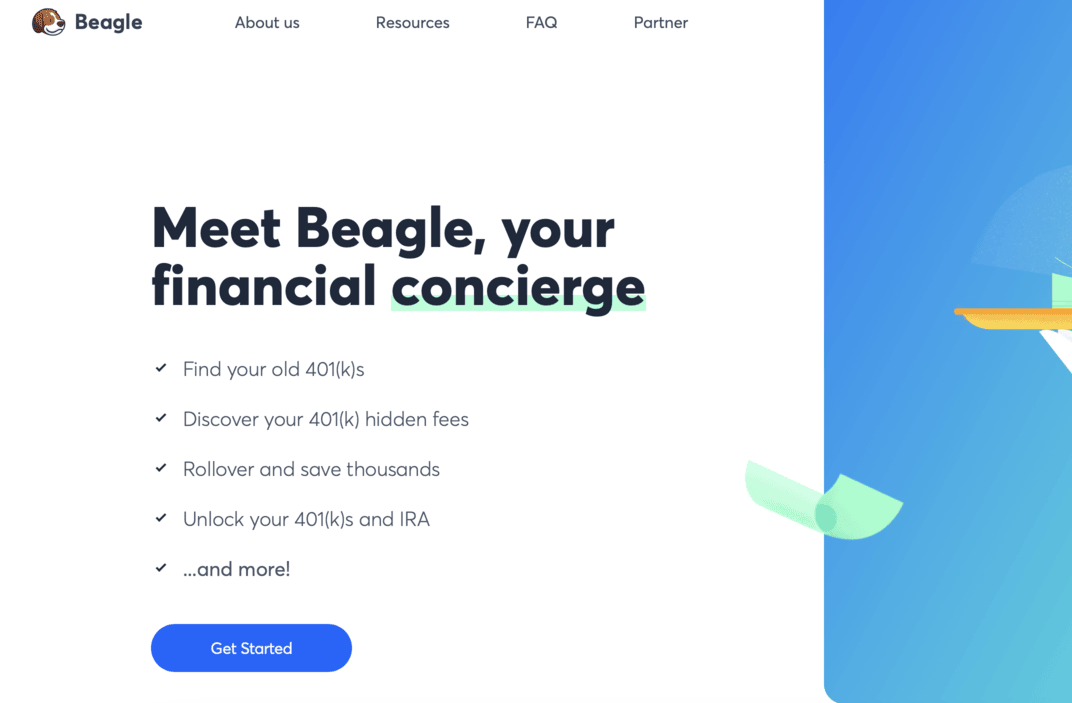Is Shein a Scam?
Laura Martisiute
Reading time: 7 minutes
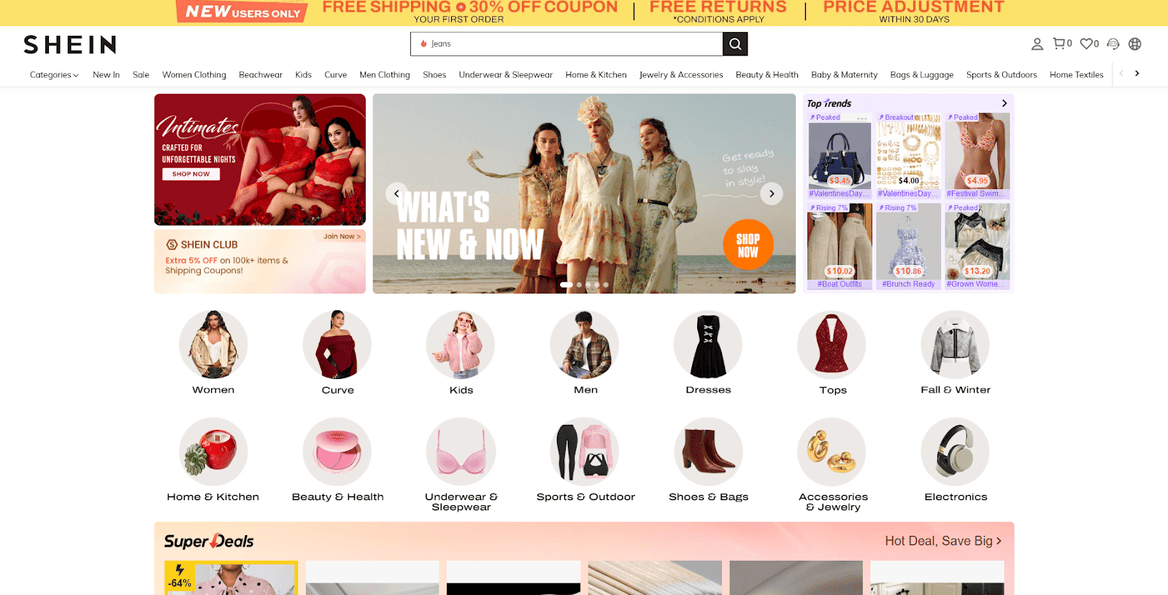
Table of Contents
If you’re thinking of shopping on Shein, you need to know: Is Shein a scam?
Below, we explain whether Shein is a scam and discuss some steps you can take to improve your safety when shopping on this online platform.
What Is Shein?
Shein is a fast-fashion e-commerce company that sells clothing, accessories, and lifestyle products.
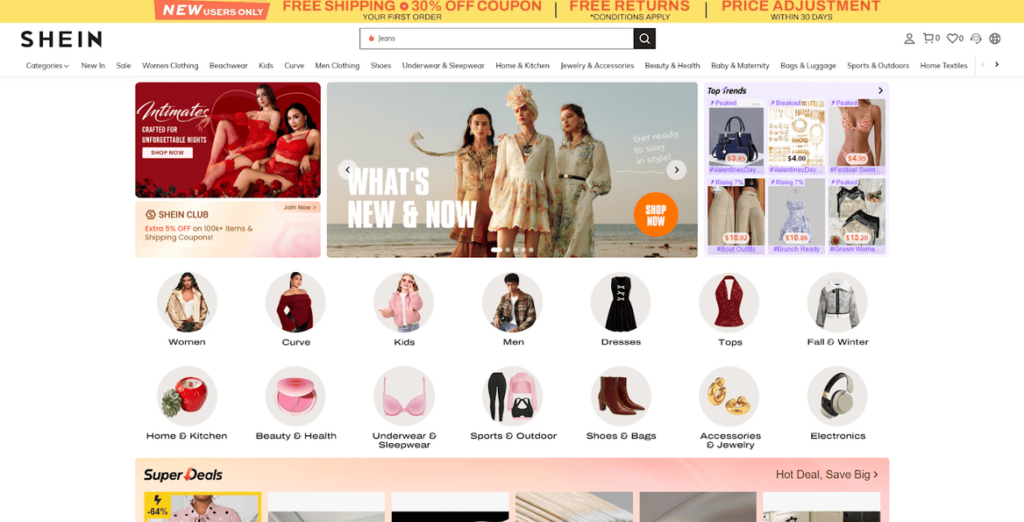
It’s one of the largest fashion retailers today. It’s also an online-only retailer (i.e., it has no physical stores).
The company was originally founded in 2008 in China as a drop-shipping company (a company that does not do its own designing or manufacturing) but became a fully integrated retailer by 2014. It has warehouses and supply chain operations all over the world.
Compared to traditional fashion brands, Shein is known for extremely low prices.
Is Shein a Scam?
No, Shein is not a scam. It’s a legitimate retailer that gets most of its products from China.
However, it is known for product quality inconsistencies and long shipping times. Overall, the consensus online seems to be that “you get what you pay for.”

According to Shein’s return policy, you can return most items within 30 days from their delivery date (though some products, like accessories and pet products, are non-returnable). If you receive a defective or damaged item, you need to contact Shein within 24 hours.
On its ‘Operating Responsibly’ page, Shein says it immediately globally removes products that are determined to violate compliance with safety requirements in any country/jurisdiction. It also says it regularly conducts automated and manual checks on products.
Shein has been involved in quite a few controversies.
For example, even though it says it “respects and protects intellectual property (IP) rights,” it has been accused of stealing designs from independent artists and major brands, with multiple lawsuits filed for copyright infringement.
A 2021 investigation by the Canadian Broadcasting Corporation found unsafe levels of lead, PFAs, and phthalates (chemicals connected to health problems) in children’s and maternity clothing. However, other fast fashion brands were also found to have toxic chemicals in their clothes.
Shein’s extremely low prices have resulted in questions about how Shein can produce merchandise so cheaply and suggestions of possible labor exploitation, unethical sourcing, or unfair business practices.
Investigations by advocacy groups and journalists revealed that Shein’s clothing was produced in unsafe factories with poor working conditions. Workers reportedly had 17-hour shifts (earning as little as $20 per day) with pay deductions for mistakes. Many of them didn’t have any contracts or minimum wage protections. A Channel 4 documentary exposed these conditions with undercover footage.
After public backlash, Shein admitted to these labor violations, saying it launched an internal investigation into two suppliers with “unacceptable working conditions.”
According to its latest sustainability report, Shein found two cases of child labor and minimum wage violations in its supply chain in 2023.
In the past, Shein said on its website that its factories were “certified” by the International Organization for Standardization (ISO) and complied with SA8000 fair labor standards.
However, both ISO and Social Accountability International (SA8000’s administrator) said Shein’s claims were untrue:
- ISO said it does not certify companies. It only sets industry standards, and companies must hire external bodies for certification.
- Social Accountability International said that Shein has never been SA8000-certified and has never had contact with the company.
Shein’s ultra-fast fashion model also contributes significantly to environmental degradation.
Security
In its privacy policy, Shein says it “maintains physical, electronic, and procedural safeguards designed to guard and prevent misuse of your personal information” and that its security measures include “industry-standard physical, technical and administrative measures.” It does not describe what these measures are.

On its ‘Operating Responsibly’ page, Shein says it aligns its systems and controls to the standards set by the National Institute of Standards and Technology (NIST), the International Standards Organization (ISO), and the Payment Card Industry’s Digital Security Standard (PCI DSS).
According to Shein’s Google Play page, the Shein app encrypts your data in transit and has been independently validated against a global security standard. It also allows users to request that their data be deleted.
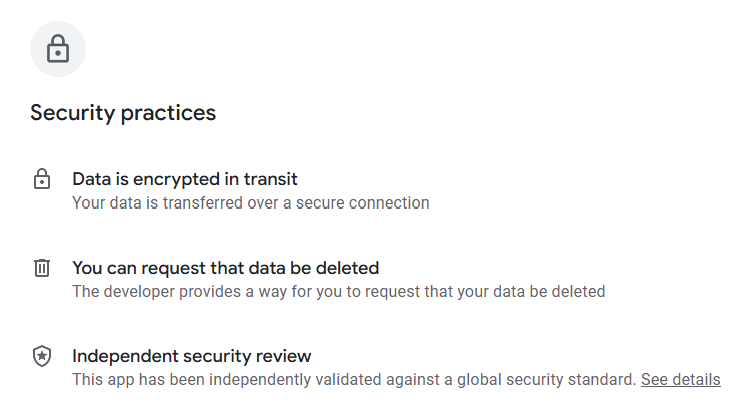
In 2018, Shein experienced a breach. It was initially reported that the breach affected 6.42 million customers, with the intruders acquiring customers’ email addresses and encrypted password credentials.
However, in 2022, Shein’s parent company, Zoetop, was fined $1.9 million by the New York Attorney General for mishandling a 2018 data breach that actually exposed 39 million Shein accounts.

Privacy
In its privacy policy, Shein outlines the kind of personal information it collects and for what purposes.
For example, in order to provide you with their services, support, and service-related communications, it collects contact information (e.g., email address, phone number, etc.), location data at an IP address-based level, and communication history.
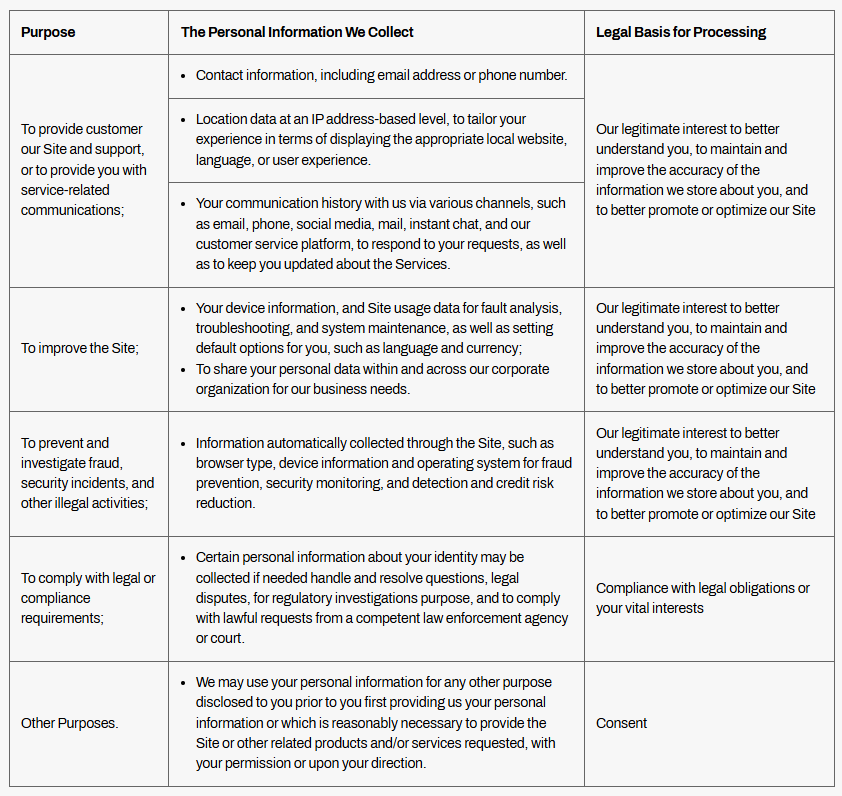
Shein says it may disclose or share your personal information within their corporate organization, with third-party service providers, with entities as necessary to maintain legal and regulatory compliance, with a buyer/prospective buyer/corporate affiliate/other successor in the event of merger, restructuring, etc., and for any purpose with your content.
It can disclose your information without restriction in an aggregated/anonymized form.
According to Shein’s Google Play page, the Shein app may collect personal information, device or other IDs, app information and performance, app activity, financial information, and photos and videos.
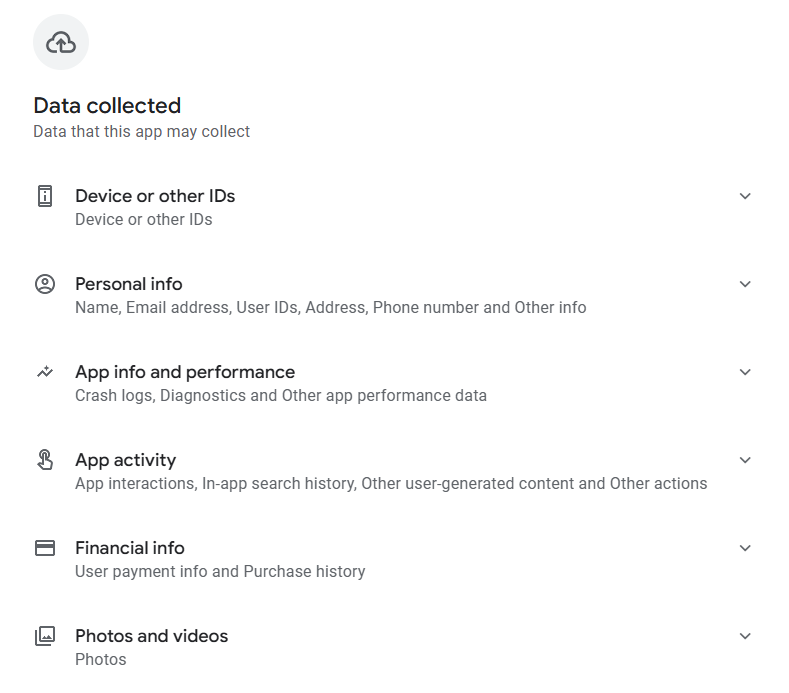
The same page also says that the app may share personal information, device or other IDs, app information and performance, app activity, and photos and videos with other companies or organizations.
In 2023, it was reported that a bug in Shein’s Android app (version 7.9.2) caused it to periodically capture and transmit clipboard data to a remote server, which raised privacy concerns.
In January 2025, Austrian privacy group Noyb filed a complaint against Shein and other Chinese firms for unlawfully transferring European users’ data to China, violating the EU General Data Protection Regulation (GDPR).
So, Should You Shop On Shein?
Well, that depends entirely on your priorities when it comes to privacy, affordability, ethics, sustainability, and quality.
How to Use Shein Safely
Here are some tips for a safer experience while shopping on Shein.
- Read the reviews. Always read the reviews before you buy anything on Shein. If possible, avoid items with few or no reviews or those with only stock images.
- Be cautious of unrealistic prices. Although Shein is known for affordable prices, if an item is significantly lower than similar products, the quality might be poor or the item may be counterfeit. Compare prices across similar listings to avoid this.
- Use a secure payment method. Pay with PayPal or a credit card for added fraud protection.
- Don’t save payment details. Avoid saving payment details on Shein’s website or app to reduce data security risks.
- Use their Shein website. If possible, shop through the Shein website instead of the app for better privacy control.
- Turn off unnecessary permissions. Turn off unnecessary app permissions in your phone settings if you do end up downloading the Shein app.
- Read the returns and refund policies. Shein allows returns, but some items are non-refundable, and return shipping costs can be high. Make sure you know the return window and refund conditions before buying an item on Shein.
- Research materials before buying. Some Shein products have been found to contain unsafe chemicals.
Our privacy advisors:
- Continuously find and remove your sensitive data online
- Stop companies from selling your data – all year long
- Have removed 35M+ records
of personal data from the web
Save 10% on any individual and
family privacy plan
with code: BLOG10
news?
Don’t have the time?
DeleteMe is our premium privacy service that removes you from more than 750 data brokers like Whitepages, Spokeo, BeenVerified, plus many more.
Save 10% on DeleteMe when you use the code BLOG10.

